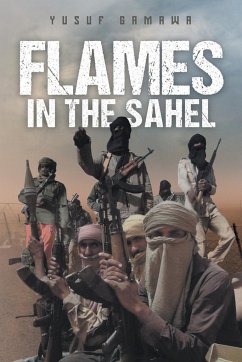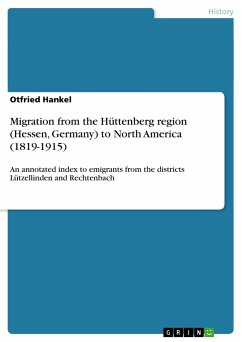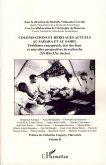The local and international media; CNN, BBC, CGTN, Al-Jazeera etc. have been inundated with reports of violent clashes, kidnappings and terrorist attacks across the Sahel region and Mali in particular for almost a decade. The violence has left the world bewildered and totally astonished. Gamawa's book tells the dramatic and gripping story of the Tuareg and their quest for independence from Mali which has remained as histrionic as ever. The book provides vivid account of the violence that has engulfed the Sahel region as a whole; Boko Haram in Nigeria, Al Qaeda in the Maghreb, Ansaraddeen and other splinter groups in Mali and Burkina Faso and the violence, terror and mayhem they have unleashed in the region and held it hostage until now. The Sahel region as it is, has turned into a theatre of violence such as found in Afghanistan, Iraq, Syria, Somalia or Sudan. The Tuareg, following in the footsteps of the Almoravids, their predecessors that conquered Spain and left their marks in the stunning beauties of Alhambra and Granada as testimonies, have remained proud and overbearing. The Tuareg people throughout history have never been beneath the impulsion of any group. The book is a stunning and dramatic account of one of the greatest ancient African empires; the Mali empire that was colonized by the French and now an independent modern state and its struggle to overcome the challenges of nation building and the threat posed by the Tuareg, occupying the desert North of the country that has resulted in a never ending fierce combat. The revolt in 2012 saw the Tuareg and other Jihadist groups taking control of Northern Mali, it came within a whisker of seizing the country, it is perhaps the apt armed intervention of Paris that precluded Mali from totally falling into the hands of elements the West and many African states and organizations have designated as terrorist organizations. In the 'Flames in the Sahel' Yusuf Ibrahim Gamawa tells a compellingly tragic and fierce story that is still unfolding, a classical one that has remained as contemporary as ever. The violence and reign of terror across the region has continued and will continue to make the news headlines.
Hinweis: Dieser Artikel kann nur an eine deutsche Lieferadresse ausgeliefert werden.
Hinweis: Dieser Artikel kann nur an eine deutsche Lieferadresse ausgeliefert werden.








